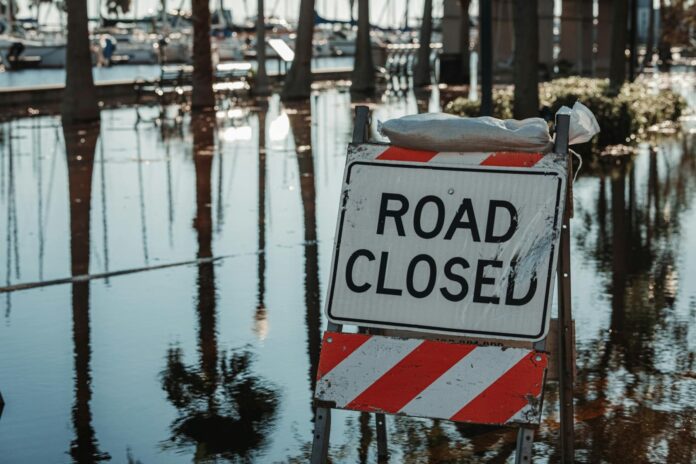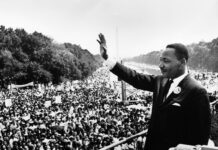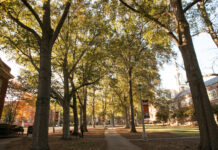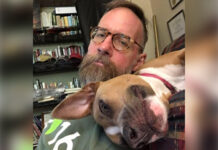The universe is expanding. Planets, moons and stars are all moving farther and farther apart. Ever since that nanosecond of creative burst 13 billion years ago, the particles that would make up all that is have been hurtling through space in every imaginable direction at breakneck speed. The distance between us and our celestial neighbors is getting greater and greater as time goes on. We aren’t as cosmically connected, as close as we used to be.
Interestingly, what is happening in the solar system is also happening in society. We human beings are moving farther and farther apart from each other. We aren’t as connected, as close as we used to be. Robert Putnam’s pivotal book, Bowling Alone, first published in 2000, tracked our retreat from communities and groups. Church attendance, PTA participation, civic group memberships are all in decline. What was on the rise was bowling! The soaring increase in bowling, however, was not in leagues but in bowling alone — late at night — undisturbed.
Putnam concluded that, as a culture, we are moving away from community and toward individualism. He recently revised and updated Bowling Alone, checking in on the findings of his original thesis. It turns out the trends toward isolation are steadily increasing. We are bowling alone in greater numbers than ever before. We shop online whenever we can. We stand together in crowds but with our faces buried in our phones. We don’t know our neighbors. We are bowling alone and living alone, and that’s the way we like it.
Then unexpectedly, a freakishly devastating hurricane comes ripping through our part of the world. Hundreds of people have died, and many more remain missing. The destruction is cataclysmic. Basic infrastructure and major interstates have collapsed. Essential services, including water and electricity, have been cut off. Thousands of homes and business have been destroyed. Entire towns, like Chimney Rock, North Carolina, have been washed away, as if they had never existed. The human suffering has been immense.
But, the human response has been immense as well. Perhaps, this is something of a surprise in light of our recent track record of individuality and isolation. Across the affected region, neighbors have been reaching out to help each other through this crisis. Folks in safe places opened their homes to those whose houses were underwater. Roaming “gangs” with chainsaws searched up and down their streets, cutting away trees that had fallen on houses, pinning the residents inside. Friends shared their food, water and generators with friends and strangers alike. They rescued each other’s pets. They used their four-wheel drive vehicles to carry out those who needed medical treatment and to carry in food and water.
A Hispanic church with few English-speakers began distributing drinking water to mountain folk who had been cut off by the flood waters. My son, Nathan, has opened his restaurant, located a few miles north of heavily hit Asheville, North Carolina, to whomever is hungry. His wife, Emily, has been hauling water into Asheville for the unhoused population.
In nearby Swannanoa, North Carolina, John Arndt jumped in his kayak and started paddling through the 8-foot deep and rising water, looking for people who were trapped in their homes and on their housetops. He saved a number of lives, including one elderly woman in a wheelchair who lived just down the street from him. He said that he had never met her before. Now, he would never forget her.
This leaves me with two questions.
First, do the people who have risked their own safety, sacrificed and shared to help others regret having done so? Do they wish that they had kept their own food, saved their own water, sheltered only their own family and protected themselves from the danger and inconvenience? Or, are they glad that they did what they did? Was there something about this experience that felt right and good?
Second, why do we wait for disasters and tragedies to be friends and neighbors with each other? If there is something that feels deeply right and good about being in community, why don’t we work at building those connections in the calm rather than just the crises?
It seems that maybe we really were made to be our brother and sister’s keeper, and that opportunity awakens part of our humanity that feels more like a blessing than a burden. Can you believe it?










